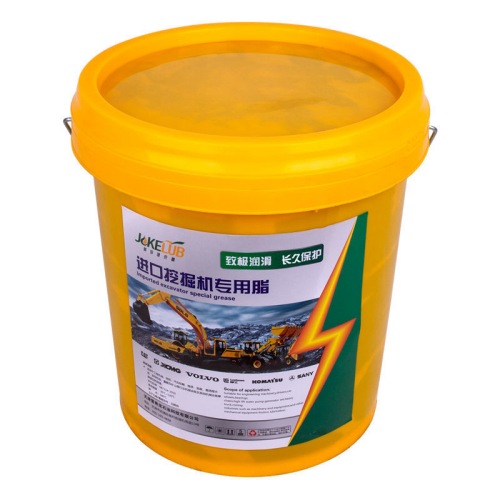1. Oil loading and unloading trucks are strictly prohibited from rough operations. Ensure that oil products are well packaged and clearly marked before storage. Oil products should be stacked at an appropriate height to avoid danger or product damage.
2. During transportation and storage, try to prevent open-air stacking, and pay special attention to rain protection. Absolutely avoid water accumulation on the drum lid to prevent the oil drum lid from being tightly sealed or the “breathing” phenomenon caused by changes in hot and cold conditions, causing water contamination.
3. The storage period of barreled lubricants can be longer than that of bulk lubricants, and the warehouse must be kept dry, ventilated, and clean.
4. Clean and dust-proof before taking oil from the barrel. Avoid long-term storage of barreled oil after opening, and cover the lid promptly after use. Oil extraction tools must be dedicated and clean.
5. First in, first out to avoid overdue storage.
Before using lubricating oil, check the oil quality to prevent emulsified, deteriorated, and contaminated lubricating oil from being used. Simple checks can include the following aspects:
1. Color change. Oxidation can make some lubricants darker; water contamination can cause lubricants to become cloudy, white, or significantly emulsified.
2. Whether there is precipitation. The failure of additives may cause the precipitation of certain substances, and pollution from dust and various solid particles may also form precipitation.
3. Layering. Insoluble liquid sediments, such as severe water pollution, mixing with other liquids or liquid additives deteriorating and precipitating.
If you need to buy barreled oil products, construction machinery accessories or second-hand construction machinery equipment, you can consult us.
Post time: Apr-25-2024

